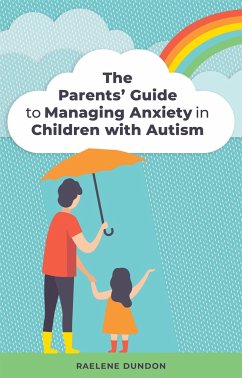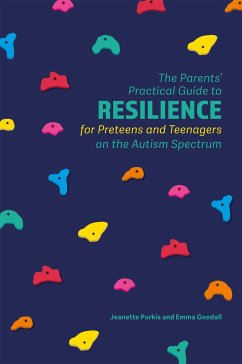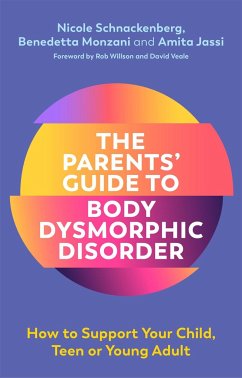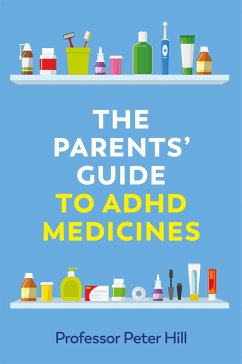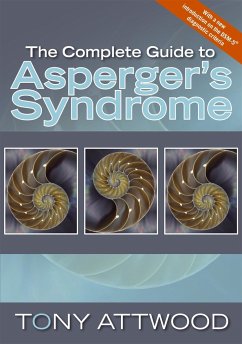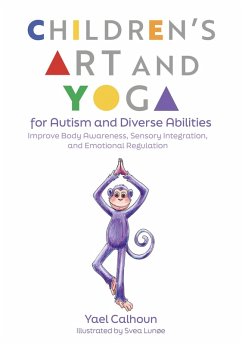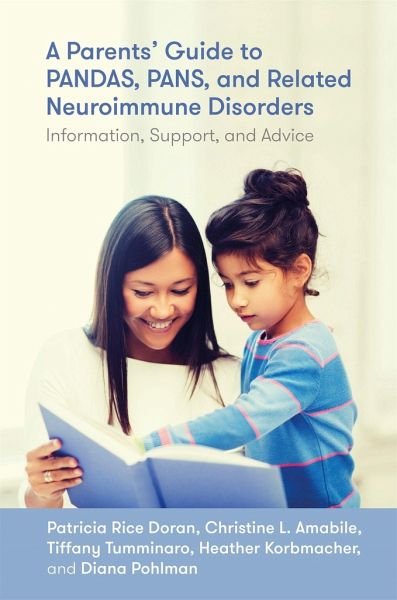
A Parents' Guide to Pandas, Pans, and Related Neuroimmune Disorders
Information, Support, and Advice

PAYBACK Punkte
11 °P sammeln!
Encephalitic autoimmune disorders, including PANDAS and PANS, cause children to display a wide range of symptoms including OCD, anxiety and tics. This helpful guide provides information for families on diagnosis and medical interventions, alongside practical strategies for support that families can carry out at home.




